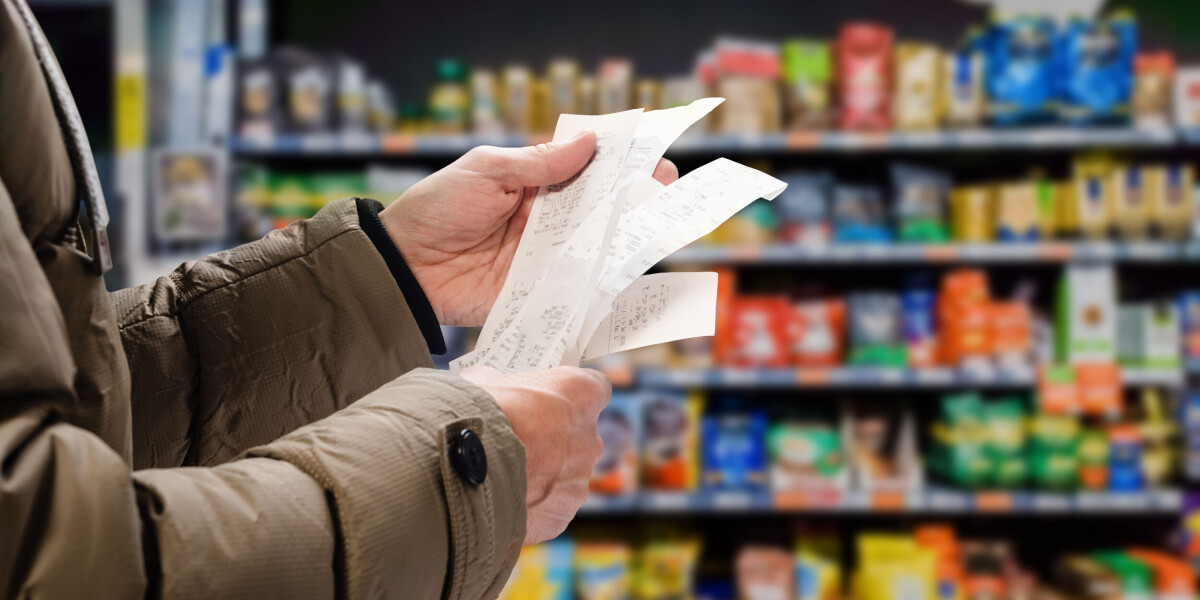
- Select a language for the TTS:
- UK English Female
- UK English Male
- US English Female
- US English Male
- Australian Female
- Australian Male
- Language selected: (auto detect) - EN
Play all audios:
Boris Johnson is said to have committed himself, and his government, to a fresh drive to tackle obesity levels in the UK. Having seen the evidence that Covid-19 seems to affect overweight
people disproportionally more, and apparently believing his weight fuelled his own brush with death, this seems like a good thing for public health. However, early indications suggest this
approach is going to follow the same lines laid down by previous governments: a fresh wave of “sin taxes”, along the same lines as the sugar tax, which was introduced by George Osborne. A
number of structural problems have brought us to the point where a sugar tax has become a live political issue. Since the late-1970s, successive governments seem to have waged war on the
health and well-being of children. The battle has covered ground ranging from the institutionalised selling-off of school playing fields to the movement away from basic lessons in cooking
and home economics. There has been a steady shift against competitive sport and activity amongst school-aged children. Recent statistics show swathes of schools no longer host a competitive
sports day. This is despite evidence showing that children aged 5-17 should be engaging in moderate to vigorous activity for a minimum of 60 minutes a day. Now, of course, the onus for that
hour should not be entirely on the school. The way children get to school, for example, could be changed almost overnight with further investment in safe, properly designated cycle lanes.
With the vast majority of catchment zones being so close to the schools themselves there should be no need for children to take a bus or car to school everyday. Exercise alone is not enough
to change the mindset and obesity levels of much of the UK. The rapid availability of cheap, quick and unhealthy food is something that cannot be avoided. A frozen pizza from Tesco can cost
as little as £1. It’s a no-hassle, cheap and easy way to feed people, and there is nothing fundamentally wrong the idea of having a quick ready meal, even if it is unhealthy. But it should
be an occasional thing, not a lifestyle. For so many people, growing up on a diet of ready-made food leaves them with little idea of how to cook for themselves, let alone that homemade food
can be just as quick, cheap and easy as something you grab out of the frozen section. Schools have the power to fix this with just the most basic syllabus, providing ingredients, equipment,
and the space for children to explore the kitchen. A few years of simple instruction and guidance have the power to change how this country views the kitchen, helping to develop a life-long
understanding of food, cooking and how to remain healthy on a budget. Now of course I accept that none of this comes cheaply. But as an investment, and given the benefits it will bring to
the country as a whole while saving the NHS money, it seems obvious. After all, what’s the point in a sin-tax if we’re not re-investing the money in those who would benefit the most?




